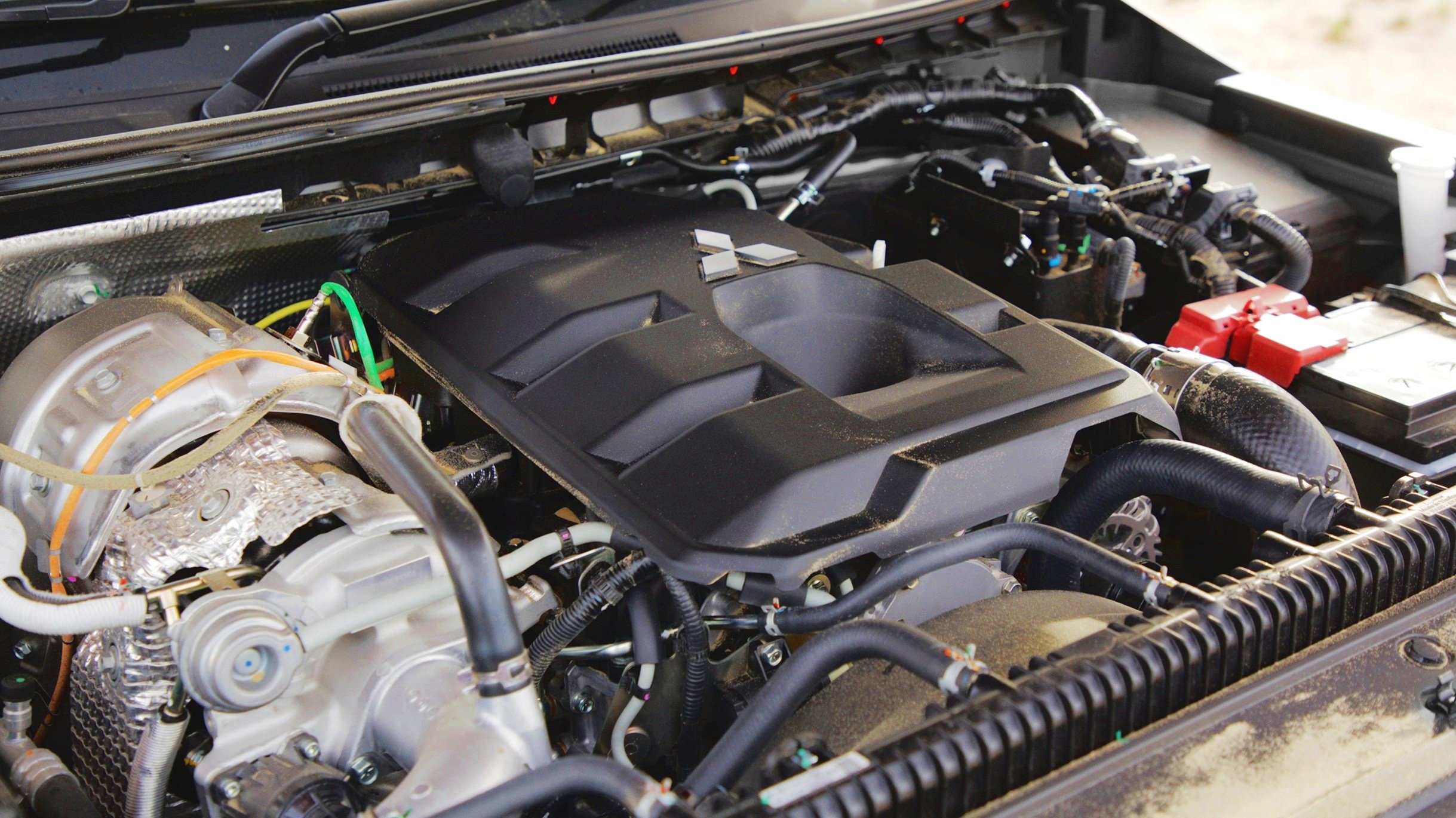New Car Import Laws
New car import laws mean you might soon be able to import privately your own new car - saving thousands. Predictably enough, the car industry has responded with a Himalaya of horseshit to the effect of: that’s a bad idea.
The ACCC says proposed new legislation allowing independent imports of new and used cars into Australia will boost competition and give car buyers a better deal, but the car industry wants to maintain profits at current levels, making you a kind of de facto golden goose. Mazda and Mercedes-Benz have been especially vocal opponents of the proposed laws.
MERCEDES-BENZ'S POSITION
Horst von Sanden, who heads up Mercedes-Benz in Australia, is reported to have told The Australian newspaper, that Mercedes-Benz’s preferred option would be to leave anyone who imported their own Mercedes-Benz out in the cold. He is on the record saying:
Horst von Sanden, Mercedes-Benz Ausralia - as reported by The Australian newspaper
“We would not take responsibility for a car that was not in our control if something went wrong. In the end it is the full responsibility of the consumer.’’
Additional comments by Horst von Sanden, in The Australian
Mr von Sanden said he “felt sorry’’ for anyone in this position. And he added the new laws would: “Completely damage our brand reputation.’’
Really? Because frankly I can’t see how.
MAZDA'S POSITION
Martin Benders is the boss of Mazda Australia. He wants you to believe the Mazda you buy here in Australia is bespoke to our conditions. He’s reported to have told The Australian that buying an imported car was, quote: “Not like buying a computer.”
He added:
Martin Benders - Mazda Australia, as reported in The Australian
“People don’t understand that we do make cars for markets. The Australian driving and weather conditions are completely different to those in Europe and Japan.”
Really? Different weather? My inner meteorologist is just gagging to ask: Would that be the barometric pressure, the temperature, the rain, the sunlight or the wind? Or a combination of all five? As it pertains to automotive durability, it’s pretty hard to see the weather as a compelling case not to enact these new private import laws.
My strong sense of it is that the Mazda3 pounding the pavement in Melbourne or Sydney is substantially identical to the Mazda3 doing the rounds in Tokyo or London. And so is the driving it does. The similarities eclipse the differences, by at least an order of magnitude. In the Australian’s report, Mr Benders echoed Mr von Sanden’s reluctance to assist anyone who imports a Mazda privately, under the proposed new laws. And that attitude is a worry, frankly. In my opinion the ACCC needs to have water-tight powers to compel importers to support their vehicles, regardless of where and how they were purchased. Mazda3s all come out of the same factory. The warranty needs to pertain everywhere on earth.
Look, in my honest opinion, if there were an Academy Award for disingenuous commentary, then comments from the industry like these ones you’ve just heard should absolutely be nominated.
A FREE MARKET?
Investigative journalism 101: Have a listen for what people are not saying. Both of these guys, and the industry generally, are not justifying current pricing levels. They’re not proclaiming what an excellent value proposition the current importation and retail arrangements are for consumers. Realistically, they can’t. Cars in Australia are dramatically over-priced.
If the factory-to-showroom floor supply chain were as efficient as possible, private imports, parallel imports, whatever, would be more expensive, not cheaper. The fact that this is not the case points to the market not acting freely at all.
And, remember, these cars that customers would import under the new laws would be (for example) Mercedes-Benzes or Mazdas, built by Mercedes-Benz or Mazda, in factories owned by Mercedes-Benz or Mazda. What, exactly, is the problem with offering a worldwide warranty with full customer support? We’re just talking about internal accounting.
It seems to me the car industry is super-keen to capitalize on globalization - just as long as it doesn’t mean you start acting like a global consumer, and taking advantage of a better deal available elsewhere. Certainly, to level the playing field, we need to scrap the absurd luxury car tax, ditch the import tariff (because there’s no more local industry to protect) and streamline compliance costs in our market.
EXAMPLE: MERCEDES-BENZ ML-CLASS
The Mercedes-Benz ML-Class is built in the USA. Over there it’s available from US$48,300. The same vehicle is on sale here for AUD$83,900. There’s a AUD$23,500 price disparity - and not all of it is accounted for by the exchange rate and taxes. Cars are unbelievably expensive here, and increased competition would establish market equilibrium, driving a much better deal for consumers.
Any way you look at it, Australian consumers are ripped off - both the US ML-Class and the Australian one are built in the same factory
THE FEDERAL GOVERNMENT'S ACCC
Don’t take my word for it. The ACCC’s executive general manager of competition enforcement, Marcus Benzi, says consumers would be the real winners under the new laws, and the benefits include: “Increased competition, greater consumer choice, and ultimately lower priced vehicles.”
What the ACCC says about the impact of proposed new laws on consumers
Have that wrapped, and sent to my room. Sounds pretty good, doesn’t it? This revolution has already taken place in other sectors. Like consumer electronics. Ten years ago it was at least 30 per cent cheaper to buy camera gear online, at the full retail price, and independently ship it here from New York. 30 per cent. Then the parallel importers started doing exactly that, and the local operations had to either adapt or lose the business. They chose ‘adapt’, and these days we have virtual price parity with things like cameras. And none of those importers - Canon Australia, Panasonic, etc., went bust.
CONCLUSION
How long do you suppose it would take an entrepreneur like Ruslan Kogan to add click-and-ship Mercedes-Benz MLs or Mazda3s, or any other new car, to his already impressive online inventory of parallel imports? Do you think it would motivate wholly owned automotive importers here to sharpen their pencils and give you a better deal? I think it probably would.
The car industry is waging a disinformation war about these new laws. What they’re saying is excellent fertilizer, and not much else. Don’t swallow it. I hope the new laws are a done deal - because ultimately it means much fairer pricing for you: the Australian car buyer. The same deal that other global citizens already enjoy.










